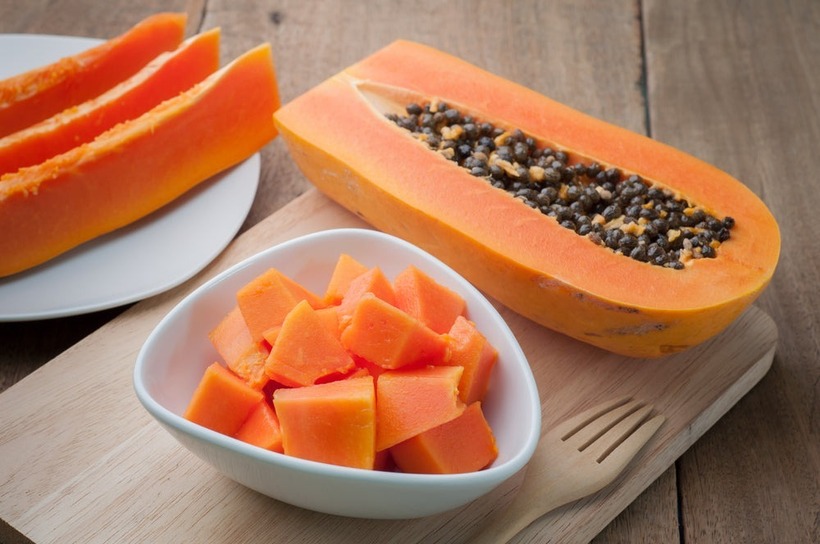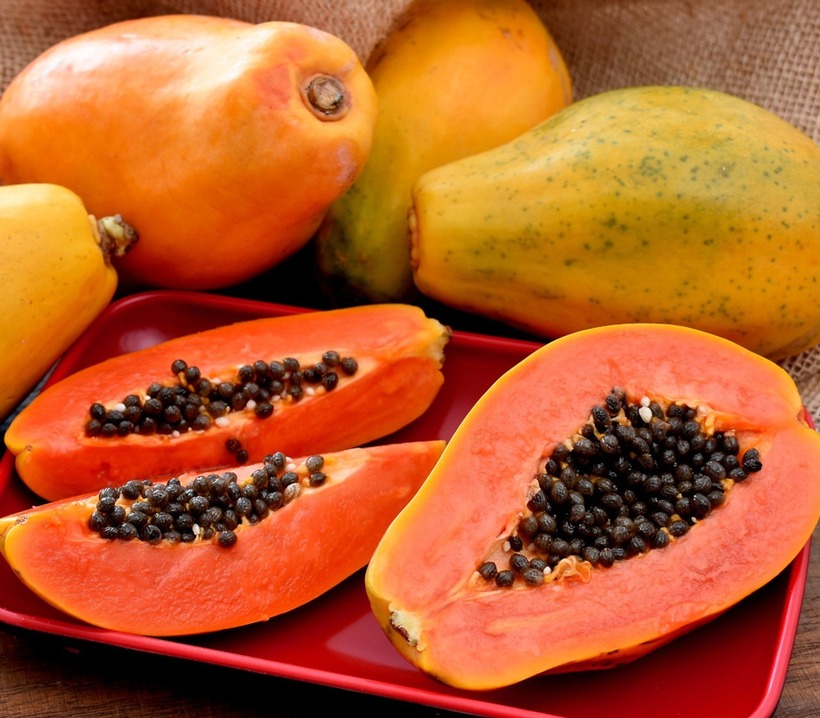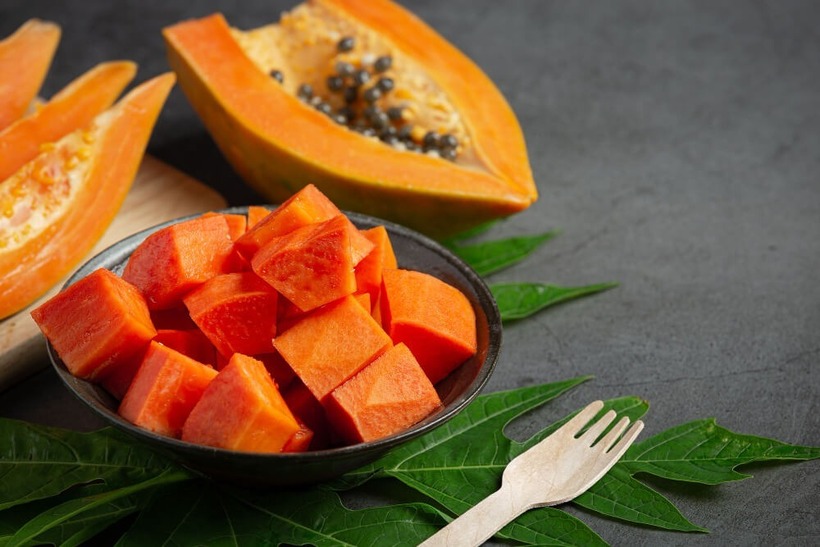Papaya is a fruit rich in vitamins A, B, C, E and K as well as essential minerals such as folate, magnesium, copper and calcium.
Papaya has a sweet taste and high nutritional value, so it is often loved by everyone in their daily meals.
people with kidney stones
Papaya contains a lot of vitamin C, 100 grams of papaya contain 60.9 mg of vitamin C.

If you have respiratory diseases such as asthma or allergies, be careful when eating papaya.
People with allergies
If you have respiratory diseases such as asthma or allergies, be careful when eating papaya.
people with jaundice
Ripe papaya is rich in beta-carotene, a compound that improves health and provides vitamin A.
hypothyroidism patients
The cyanogen glycoside in papaya not only affects heart rate but also interferes with the synthesis and metabolism of iodine in the body, causing more severe symptoms in hypothyroidism patients.

Ripe papaya is rich in beta-carotene, a compound that improves health and provides vitamin A.
People with blood thinning disorders
People with blood thinning diseases should avoid eating papaya because papaya leaves have the ability to thin the blood.
People with stomach problems
Ripe papaya often helps support digestion and reduce symptoms of indigestion and constipation.
People with hypoglycemia
Sufficient fermentation can reduce blood sugar levels.

Sufficient fermentation can reduce blood sugar levels.
People with poor digestive function
Due to its high fiber content, papaya is also considered an effective natural remedy for constipation.
people with diarrhea
Like all fiber-rich fruits, papaya is unsafe to consume in excess during diarrhea.
